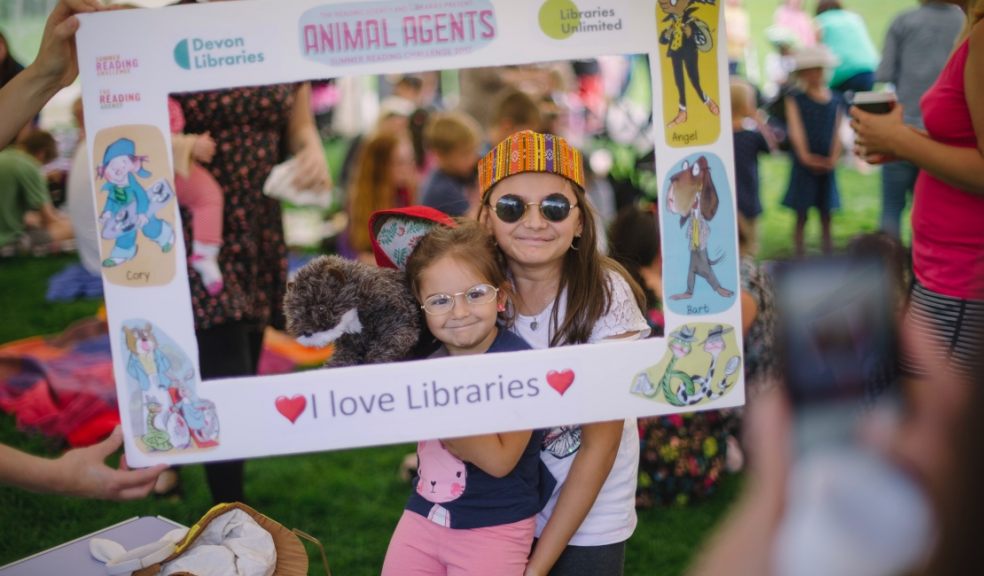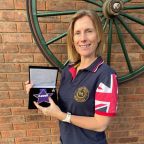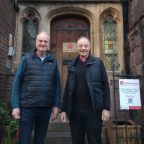
New research into the value of public libraries released
New approaches and models for generating increased value for libraries and local communities have today been revealed by the University of Exeter Business School in conjunction with Libraries Unlimited.
It is hoped that this unique understanding of the relationship between social and financial value, published in a new research report titled Unlimited Value, will help libraries and the wider cultural sector to consider innovative and enterprising methods of service delivery at a time when budgets are under pressure.
The research, carried out by the University of Exeter Business School, Libraries Unlimited, the Real Ideas Organisation (RIO) and Open Date Institute (ODI) Devon, has led to the creation of the ‘Unlimited Value’ model, which identifies three tools that library leaders can harness to maximise the difference their work has on local communities:
Giving staff more opportunities to be enterprising and innovative
A clearly defined set of values and mission
Using data to make better decisions, and clearly demonstrate to communities just what value their library brings them.
The two-year project, funded by Arts Council England thanks to a £200,000 research grant, has involved libraries and library staff from across Devon. The initiative has also seen a number of leaders from the library sector, arts and cultural organisations and other social enterprises come together to share learning and experiences and evaluate some of the emerging project findings.
The report, Unlimited Value: Leading practice in unlimited value creation has beenreleased this Thursday 7th March – to coincide with local and national celebrations on World Book Day. The full report is available to download here.
“Libraries are much loved institutions across the UK, but their budgets are under pressure and it’s often hard to put a monetary value on their activities,” said Professor Beverley Hawkins, Associate Professor of Leadership at the University of Exeter Business School, who carried out the research.
“Our aim through the Unlimited Value model was to give libraries real, practical tools to support more enterprising activity, by encouraging staff innovation and capturing and understanding libraries’ data. This in turn should help library services create a more stable financial base to ensure our libraries have a sustainable future.”
The research is also applicable to other arts, cultural and social organisations; many of which face similar budgetary challenges.
Ciara Eastell OBE, Chief Executive of Libraries Unlimited said: “This new report offers libraries, arts and cultural organisations along with social enterprises a new perspective when considering the relationship between social and financial value. We have seen real value and benefit in investing in the development of our staff and enabling them to enhance their own leadership skills, which has helped to transform the organisation. We have also learnt a huge amount about how we can better utilise and understand our data to evidence how our service is being used and helping to change people’s lives.
She continued: “It’s been a very valuable journey for us so far and we will continue to explore the themes and roll-out our learning across all 54 of our libraries in Devon and Torbay. It’s important that whilst we continue to provide local communities with the library services they know and love, we also take time to think about how we can constantly adapt services to meet the changing needs of local communities.”
A series of tool kits, blog posts and videos were created as part of the project, to help others working in the library services, cultural and social enterprise sectors. Unlimited Value was also embedded as a teaching case study into postgraduate and undergraduate courses at the University of Exeter Business School, to help develop a better understanding of the challenges of leading and working in the cultural sector.
Sue Williamson, Director Libraries, Arts Council England said: “The Arts Council passionately believes that libraries make a positive difference to the lives of people in their local communities. This report shares learning and practical tools to help the library sector understand how it can use data to illustrate this valuable contribution to different audiences and I’m very pleased that we have funded the research and resulting report.”
At the heart of the research has been a programme that will build the capacity of Libraries Unlimited’s staff to support and develop the potential for libraries to bring people together, offer services that make a difference to communities, and play a role in improving the quality of life and opportunities available to people, all whilst ensuring the financial imperative for the organisation is sustained.
Unlimited Value was cited as a best practice case study in the Arts Council England’s (Pecakar, 2018) examination of Higher Education and Public Libraries partnerships. You can read the report here.
For more information please visit www.librariesunlimited.org.uk, follow on Facebook.com/LibrariesUnlimited, Twitter @LibrariesUnlimited or Instagram.com/LibrariesUnlimited. The full report is available to download here.














